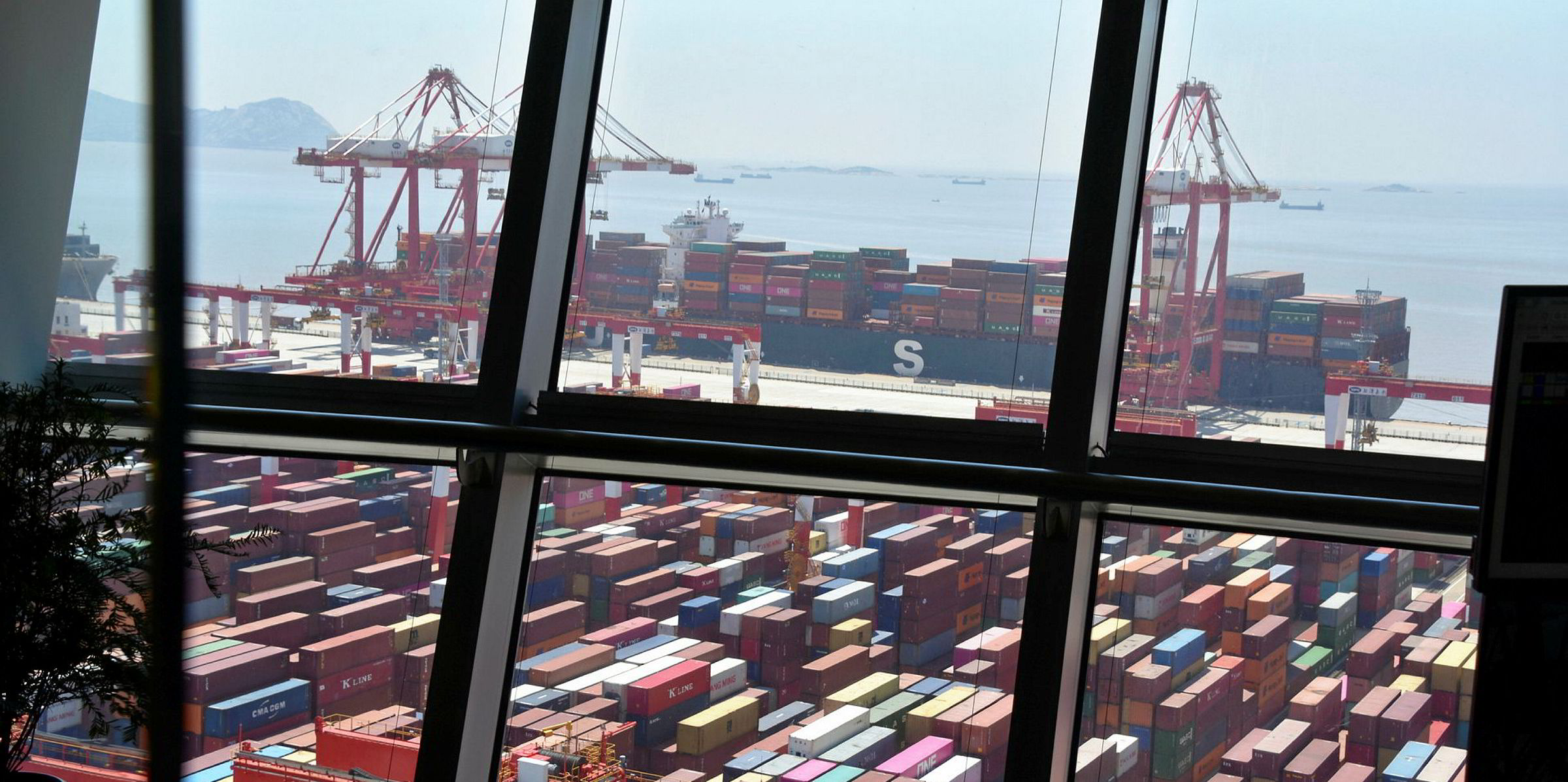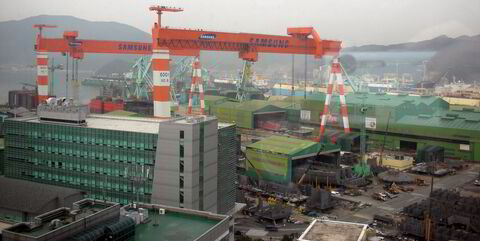The coronavirus pandemic could plague asset prices and deep-sea shipping demand in the near term, while leading to more digitalisation and shaking up the global supply chain for the long run, an industry survey suggests.
In the survey of 200 maritime executives conducted by Maritime Partners, most respondents believe the business impact of Covid-19 will be most profound in the next six to 12 months and it can prompt new ways of doing business.
“Managing and surviving the current crisis in crucial. Equally important is preparing for a New Normal,” the new advisory firm said in a report.
According to Maritime Partners, 88% of the respondents agree the pandemic will be negative for asset values in six to 12 months’ time, and 42% share the same opinion in one to three years. Only 7% think this is an issue in three to 10 years.
Also, 87% believe the Covid-19 will have a short-term negative impact on global trade and deep-sea shipping, compared with 48% that see a medium-term impact and 8% forecast a long-term one.
“Most shipping sectors were battling with an oversupply situation prior to Covid-19,” the advisory said.
“As demand may recover in several markets in the second half of 2020 and first half of 2021, the imbalance will still be there and require continued lay-ups and scrapping of tonnage.”
Also, 76% in the survey agree maritime firms will seek to refinance to improve liquidity and their ability act on acquisitions. 64% see the acceleration of merger and acquisition activity in six to 12 months.
Long-lasting effects
Most respondents reckon the industry will embrace digitalisation even when the pandemic is over.
In the survey, 87% agree the way of internal and external interactions will be changed by the Covid-19 crisis, and 82% think the development of new remote-working technologies will accelerate.
“In time of crisis, such as in wartime or disasters, we have seen historically rapid advancements of new technologies and drastic innovation. The maritime industry is in such a moment,” Maritime Partners said.
“Companies will want to consider what worked well during the crisis and look at the opportunities for future work place productivity and flexibility.”
Moreover, 79% of the respondents agree that the crisis has exposed the vulnerabilities of complex global supply chains, while the same proportion think global firms will diversify their supply chains instead of solely relying on China.
Also, 56% says companies will decentralise their manufacturing capacity while bringing part of their production home.
“Whenever possible, diversified supply chains across companies and geographies greatly reduce exposure,” the advisory said.
“If firms are tied to single suppliers, risk from supply-chain disruptions should be carefully measured and contingency plans considered.”
Established by Oslo-based managing director Jorn Annweiler and some others in January, Maritime Partners conducted the online survey in mid- and late-May.
Of the respondents, 46% were vessel owners and operators, while brokers, shipmanagers, insurers, logistics firms, and financial institutions represented 10% each.






